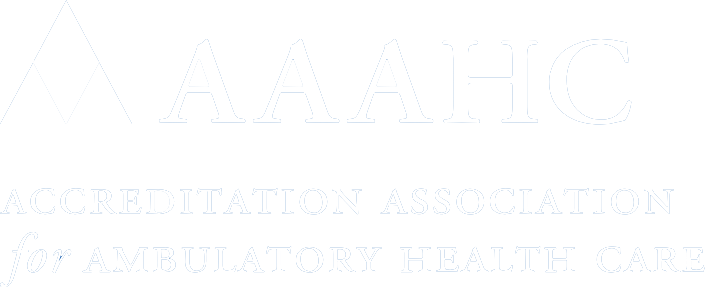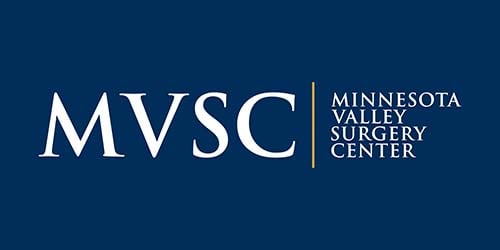Helpful Articles For Your Health
Direct Lumbar Interbody Fusion: 3 Ways To Improve Recovery After Minimally Invasive DILF Surgery
Direct lumbar interbody fusion surgery treats leg and back pain. DLIF recovery can be sped up through nutrition, strengthening exercises, and stress reduction.
How Painful Is Nerve Repair? Preparing For Ulnar Nerve Release Surgery
Recovery from ulnar nerve release surgery can take up to 8 weeks. With a strong healthcare team and strategies, the pain can be minimized.
Feel The Burn: Can Radiofrequency Ablation Help With SI Joint Pain?
Sacroiliac joint pain can be alleviated through radiofrequency ablation, which uses radiofrequency signals to disrupt pain signals in nerves.
Technology With Thumb Arthritis: Can CMC Arthroplasty Make Texting Pain-Free?
People with thumb arthritis can experience pain when using a smartphone. A CMC arthroplasty can help individuals get back to texting pain-free.
Treat Chronic Knee Pain With These 4 Exercises That Improve Joint Health
Long-term pain, stiffness, and swelling are signs of chronic knee pain. These 4 exercises can strengthen and improve long-term joint health.
Why People With Arthritis Are Choosing Robotic-Assisted Knee Replacement Surgery
Technology is transforming knee replacement surgery. Patients with arthritis should understand the advantages of robotic-assisted arthroplasty.









